Yet another talk from Aubrey.
Category: life extension – Page 439
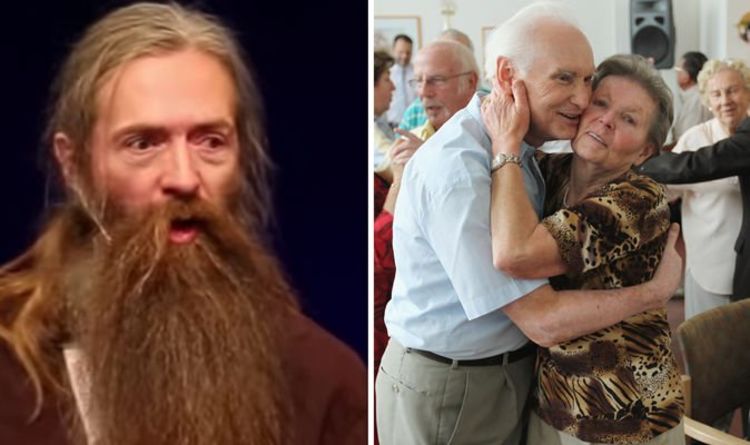
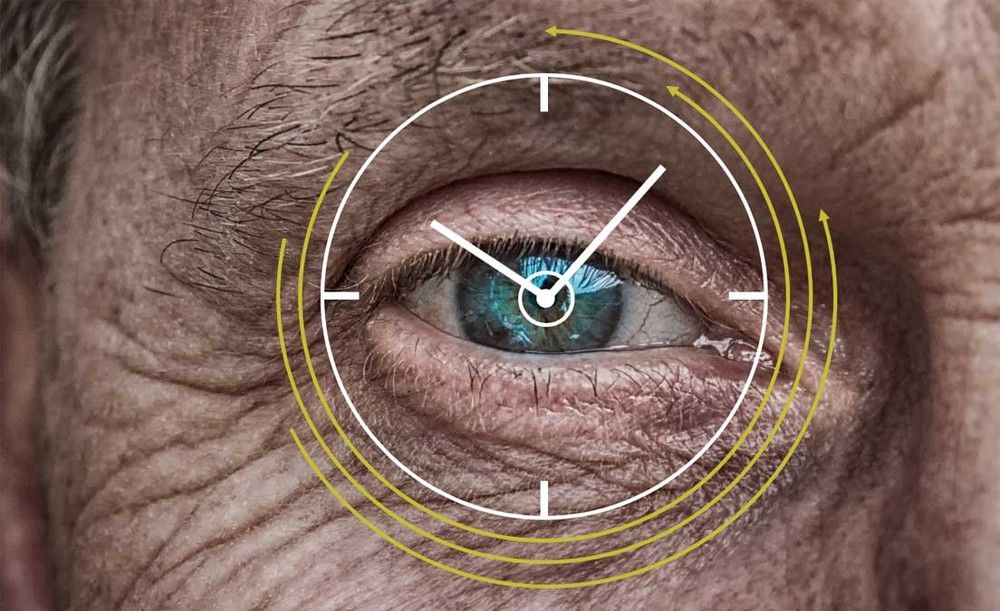

Dr. Frank Sabatino presents “The Plant Based Fountain of Youth, the Science of Healthy Aging”
Dr. Frank Sabatino is currently the Health Director of the Balance for Life Health Retreat, a lifestyle education center specializing in plant based nutrition, health rejuvenation, stress management, therapeutic fasting and detoxification.
“Our task is to make nature, the blind force of nature, into an instrument of universal resuscitation and to become a union of immortal beings.“
- Nikolai F. Fedorov
We hold faith in the technologies & discoveries of humanity to END AGING and Defeat involuntary Death within our lifetime.
Working to Save Lives with Age Reversal Education.
========== Perpetual Life Creed ==========
We believe that all of life is sacred and that we have been given this one life to make unlimited. We believe in our Creator’s divine plan for all of humanity to have infinite lifespans in perfect health and eternal joy, rendering death to be optional.

Guardian Angel‘ Protein Molecule Inside Cells is Identified
O.o um what?
Over the past few years biologists have developed several lines of evidence showing that one particular protein molecule inside cells plays an extraordinary variety of life-protecting roles, so much so that the molecule has been dubbed a “guardian angel.” The findings are leading to greater knowledge of how life works and to a deeper understanding of the root causes of cancer.
So pervasive is the molecule’s role that scientists in four areas of biology were on the trail of it, each field unaware, until recently, of the protein’s importance in the others.
Molecular biologists, for example, were trying to learn more about how cells repair the genetic damage that is routinely inflicted by radiation, chemicals and even body heat. In another area of research, cell biologists were trying to understand how cells govern the timing of when they divide. Other cell biologists wanted to know how cells carry out a natural process called “programmed cell death,” or apoptosis, in which a cell literally commits suicide. And, finally, cancer researchers were puzzled by the fact that at least half of all victims had tumors with mutations in one particular gene — so many that they called the gene a “tumor suppressor” on the grounds that when it was knocked out, a cell was predisposed to become cancerous. A Four-Team Effort.
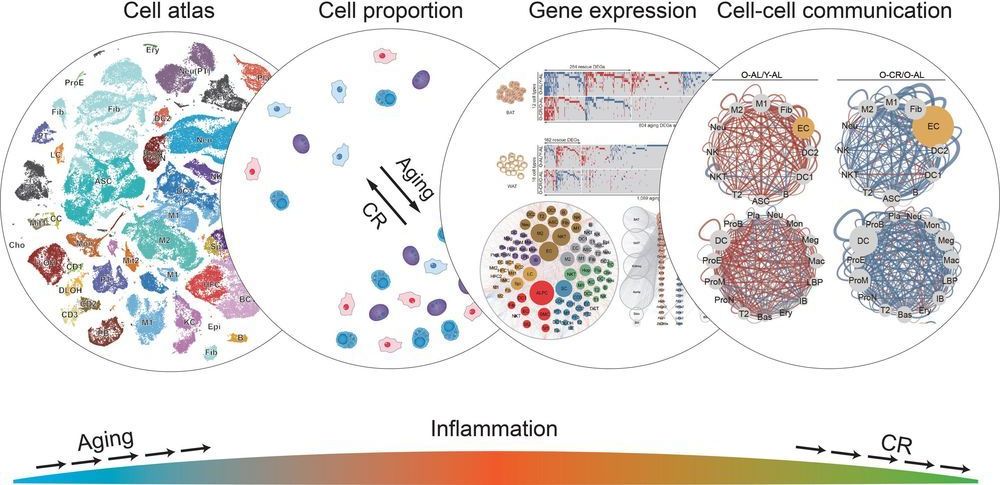
Scientists show how caloric restriction prevents negative effects of aging in cells
If you want to reduce levels of inflammation throughout your body, delay the onset of age-related diseases, and live longer—eat less food. That’s the conclusion of a new study by scientists from the US and China that provides the most detailed report to date of the cellular effects of a calorie-restricted diet in rats. While the benefits of caloric restriction have long been known, the new results show how this restriction can protect against aging in cellular pathways, as detailed in Cell on February 27, 2020.
“We already knew that calorie restriction increases life span, but now we’ve shown all the changes that occur at a single-cell level to cause that,” says Juan Carlos Izpisua Belmonte, a senior author of the new paper, professor in Salk’s Gene Expression Laboratory and holder of the Roger Guillemin Chair. “This gives us targets that we may eventually be able to act on with drugs to treat aging in humans.”
Aging is the highest risk factor for many human diseases, including cancer, dementia, diabetes and metabolic syndrome. Caloric restriction has been shown in animal models to be one of the most effective interventions against these age-related diseases. And although researchers know that individual cells undergo many changes as an organism ages, they have not known how caloric restriction might influence these changes.

Treating Systemic Klotho Deficiency
The serendipitous disruption of the klotho gene promoter in 1997 by a cardiologist in Japan begot a phenotype of early multiorgan failure mimicking premature aging [1]. The gene was aptly named after the Greek Goddess who spins the threads of life. In 2005, the same investigator did the opposite experiment and showed that transgenic overexpression of klotho in mice extends life, placing Klotho once again in the spotlight and generated volumes of antiaging research [2]. Several findings that followed changed the landscape. Klotho is a single-pass transmembrane protein, primarily expressed in the kidney, but its extracellular domain is secreted into circulation as a soluble protein after being cleaved by proteases [3]; thus, the kidney supplies the body with soluble Klotho [3]. In multiple preclinical studies with diverse models, both acute and chronic kidney diseases are states of renal and systemic klotho deficiency [3], including human CKD. The relationship between Klotho and kidney disease is more than just a biomarker because restoration of Klotho ameliorated renal dysfunction and extrarenal complications in both acute [4] and chronic settings bringing Klotho supplementation into the therapeutic realm. However, how should Klotho be given?
In rodents, several methods have been used successfully to raise systemic Klotho levels (Fig. 1). The transgenic insertion of klotho into the genome of a mouse was the first attempt [2]. While this has been enormously useful as proof-of-concept in experimental animals, this technique is not applicable to patients currently. Recombinant Klotho protein was used successfully in the laboratory in both acute and chronic [5] settings that prevented AKI, accelerated AKI recovery, presented and retarded AKI-to-CKD transition, and ameliorated extrarenal complications [4]. Recombinant Klotho protein administration is a method where translation to human therapeutics is much more practical and proximal.
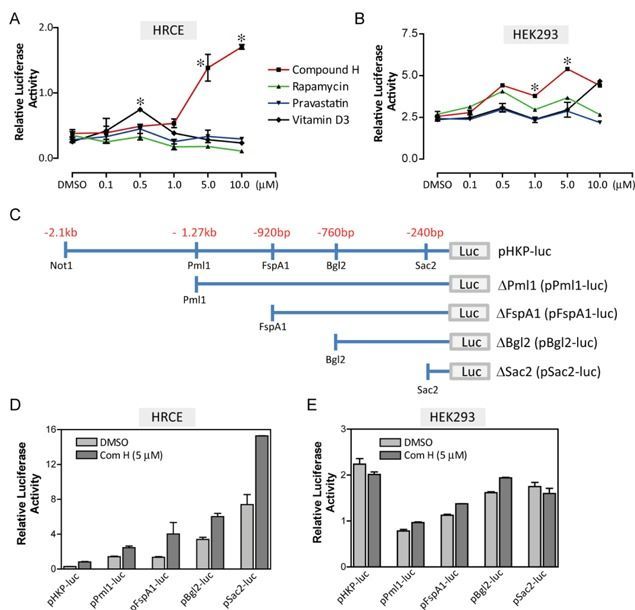
Induction of anti-aging gene klotho with a small chemical compound that demethylates CpG islands
Klotho (KL) is described as an anti-aging gene because mutation of Kl gene leads to multiple pre-mature aging phenotypes and shortens lifespan in mice. Growing evidence suggests that an increase in KL expression may be beneficial for age-related diseases such as arteriosclerosis and diabetes. It remains largely unknown, however, how Kl expression could be induced. Here we discovered novel molecular mechanism for induction of Kl expression with a small molecule ‘Compound H’, N-(2-chlorophenyl)-1 H-indole-3-caboxamide. Compound H was originally identified through a high-throughput screening of small molecules for identifying Kl inducers. However, how Compound H induces Kl expression has never been investigated. We found that Compound H increased Kl expression via demethylation in CpG islands of the Kl gene. The demethylation was accomplished by activating demethylases rather than inhibiting methylases. Due to demethylation, Compound H enhanced binding of transcription factors, Pax4 and Kid3, to the promoter of the Kl gene. Pax4 and Kid3 regulated Kl promoter activity positively and negatively, respectively. Thus, our results show that demethylation is an important molecular mechanism that mediates Compound H-induced Kl expression. Further investigation is warranted to determine whether Compound H demethylates the Kl gene in vivo and whether it can serve as a therapeutic agent for repressing or delaying the onset of age-related diseases.
Keywords: klotho, methylation, Pax4, Kid3, CpG island.
Pre-mature aging phenotypes were eminent in the klotho (Kl)-deficient mice, which have ~ 10 copies of a transgene integrated in the 5’ flanking region of the Kl gene disrupting its expression [1]. The klotho mice die around ~ 2 months of age after birth due to multiple aging-related organ failures [1]. Later, the role of KL in aging was confirmed by the reproduction of the same aging phenotypes in Kl knockout homozygous (Kl −/−) mice [2]. On the other hand, overexpression of KL extends lifespan by 20–30% [2, 3]. The protein products of Kl gene can be divided into two forms: membrane-integrated form of Kl and non-integrated form of Kl which includes secreted and soluble Kl (sKl). These two type of proteins are produced from the two transcripts that arise from a single kl gene due to alternative RNA splicing [4, 5].
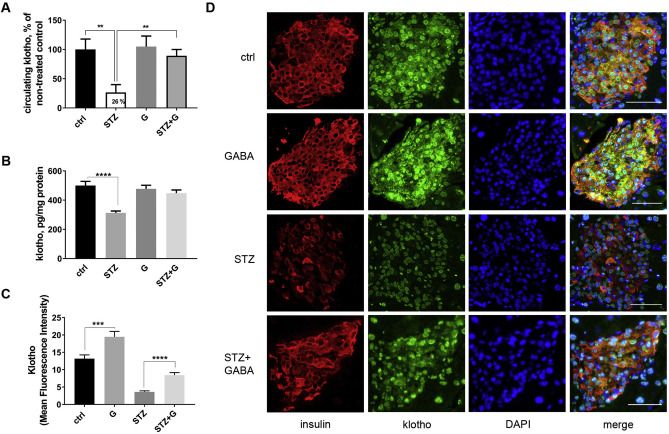
The anti-aging protein Klotho is induced by GABA therapy and exerts protective and stimulatory effects on pancreatic beta cells
Systemic gamma-aminobutyric acid (GABA) therapy prevents or ameliorates type 1 diabetes (T1D), by suppressing autoimmune responses and stimulating pancreatic beta cells. In beta cells, it increases insulin secretion, prevents apoptosis, and induces regeneration. It is unclear how GABA mediates these effects. We hypothesized that Klotho is involved. It is a multi-functional protein expressed in the kidneys, brain, pancreatic beta cells, other tissues, and is cell-bound or soluble. Klotho knockout mice display accelerated aging, and in humans Klotho circulating levels decline with age, renal disease and diabetes. Here, we report that GABA markedly increased circulating levels of Klotho in streptozotocin (STZ)-induced diabetes. GABA also increased Klotho in the islet of Langerhans of normal mice, as well as the islets and kidneys of STZ-treated mice. In vitro, GABA stimulated production and secretion of Klotho by human islet cells. Knockdown (KD) of Klotho with siRNA in INS-1E insulinoma cells abrogated the protective effects of GABA against STZ toxicity. Following KD, soluble Klotho reversed the effects of Klotho deficiency. In human islet cells soluble Klotho protected against cell death, and stimulated proliferation and insulin secretion. NF-κB activation triggers beta-cell apoptosis, and both GABA and Klotho suppress this pathway. We found Klotho KD augmented NF-κB p65 expression, and abrogated the ability of GABA to block NF-κB activation. This is the first report that GABAergic stimulation increases Klotho expression. Klotho protected and stimulated beta cells and lack of Klotho (KD) was reversed by soluble Klotho. These findings have important implications for the treatment of T1D.